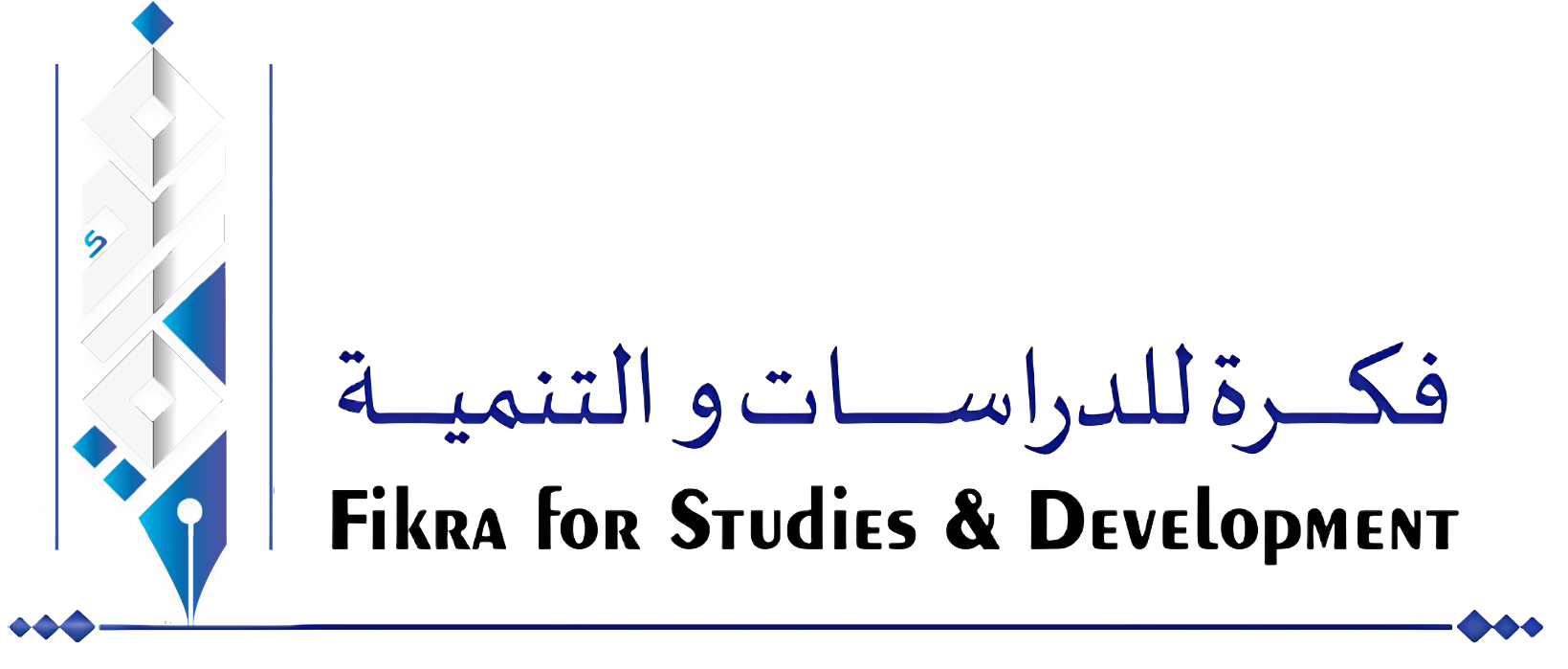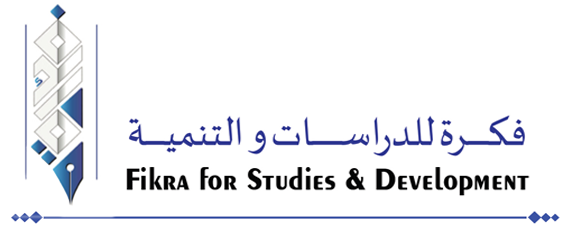The Potential Consequences of the Military Bickering in Sudan
The Potential Consequences of the Military Bickering in Sudan
Dr. El-Shafie A. Khidir Saeed
The situation in Sudan is deteriorating, becoming more complicated, and its crisis is escalating with every new morning. There are no near-term remedies that can bring about stability and allow us to focus on what is more vital, particularly fulfilling the transitional period’s tasks and pulling the country out of its current abyss. Every day, the characteristics of disorder and the horrific prospects and manifestations of state collapse intensify. It is not limited to the divisions between political factions, which the country may be able to tolerate for some time. Political differences and disputes should not frighten us, as they are normal and to be expected, and frequently result in beneficial outcomes if managed well. Very troubling, though, is the vulgarization of these disputes. And the clearest indication of this is that battles over the seat of power take precedence over the essentials of a citizen’s life, such as cost of living, health, security, and safety. And it’s not only about the economic crisis, which can be addressed and prevented from escalating in multiple ways. Yet, the current pace of its escalation is leading economic paralysis, which will ultimately result in chaos and collapse. Expectations, confirmed by the existing data, indicate that the country is on the verge of a catastrophic economic collapse. If this occurs, none of the initiatives or agreements offered today will be able to preserve the situation, and the country will soon plunge into anarchy and civil conflict.
As for the most severe cause for concern, it is the continuance and escalation of the open and covert quarrels and frictions between the leadership of the Sudanese Armed Forces and the leadership of the Rapid Support Forces. As the saying goes, war begins with words. Due to these quarrels and frictions between the two forces, as well as the efforts of each to enlist the aid of its allies, the political and social polarization, as well as the security tension, in Sudan have reached a critical and dangerous level that will soon cause the country to explode if the situation is not remedied and addressed immediately.
But this far from happening with the current Dialogue of the Deaf, prevalent in the country today, persists and tightens its grip on the political relations among the civilian components, among the military components, and between the military and civilian, who should be responsible for tackling and defending the transitional period. These forces continue to disagree on everything, or they agree today but then act in a way that suggests they will break their agreement tomorrow, which reinforces the doubts that already exist among the general populace that these differences are based on partisan and private interests and not the national interest or the implementation of the slogans of the revolution and the tasks of the transitional period.
Due to the fact that weapons are dispersed outside the regular forces and the country, and particularly the capital, has become a barracks for several armies and militias, who gather and display their forces without any objections from the military and police leadership in the country, the imminent danger will not only affect the transitional period, but the entire country, and it will soon lead the country to the stage of no-state, and scenarios of the collapse. Observers need not exert a great deal of effort to recognize that there are forces, both inside and outside of Sudan, intentionally working and preparing to create the required atmosphere and conditions for the realization of these disastrous scenarios. About the motivations and benefits of these forces, I believe the first and most obvious answer is to put the brakes on the train of change and to abort the December 2018 revolution, beginning with attempting to depict it as a political mistake committed by naive and inexperienced activists.
Sudan is in critical need of a wide front for a democratic transition and the preservation of the nation, as we have written numerous times before. It is unfathomable that political and civil forces continue to be so fragmented, which will only result in further crisis and failure. Unfortunately, this state of fragmentation and division has been repeated throughout Sudan’s democratic experiences, and has played a major role in their failure, just as it has served as fuel for the circulation of the evil cycle in the country, resulting in the succession of dictatorships, uprisings, and fragile democracies.
The persistence of this condition lends credence to the allegation that the political elites of Sudan do not benefit from their mistakes, do not learn from them, and even repeat them. They have a blindness that prevents them from recognizing the stares of suspicion and mistrust that the street and resistance committees cast upon it. In the same way that it is oblivious to the fact that, as a result of this splintering, the forces whose political and economic ambitions were thwarted by the revolution are motivated to seize any opportunity to restore their political and economic ambitions, the country will regress and possibly descend into civil war.
So that the homeland does not crumble, a definite pause is essential. It is a necessity and an obligation, not a luxury! The wise of all shores must acknowledge that the impending calamity is imminent and that the nation has reached a point when any effort in support of a group or any particular affiliation other than the homeland will be fruitless, and the homeland will be the biggest loser. The barriers between resistance movements and groups must be broken in order to create a new unified bloc for democratic transformation and saving the country, against the transformation of differences of opinion into war cries and attempts to eliminate the other, and against any and all forms and attempts of political-military polarization.
This is what all revolutionary forces must consider aloud in order to design and execute concrete plans for constructing this broad front. We extend our hands to everyone who agrees with us in building it, turning a blind eye to their old stances, starting points, and their own vision of how to win the revolution, as long as they are willing to open their minds to critiques, and as long as their conscience guides their steps away from the burning homeland.
* Dr. Elshafie Khidir Saeid
A Sudanese pro-democracy political scholar, thinker and writer. He has a long track-record in the struggle against military dictatorships for realizing democracy, rule of law, peace and political stability in Sudan. He was subjected to political detention for five years in the 80th of the last century, and he went underground for many years fighting the Ingaz regime. Dr. Elshafie has a number of published writings on the consolidation of democracy and the intersections between the roles of the tribe, the army and politics in Sudan. He can be contacted by email: eksahmed@gmail.com, elshafie@fikrasd.com.


